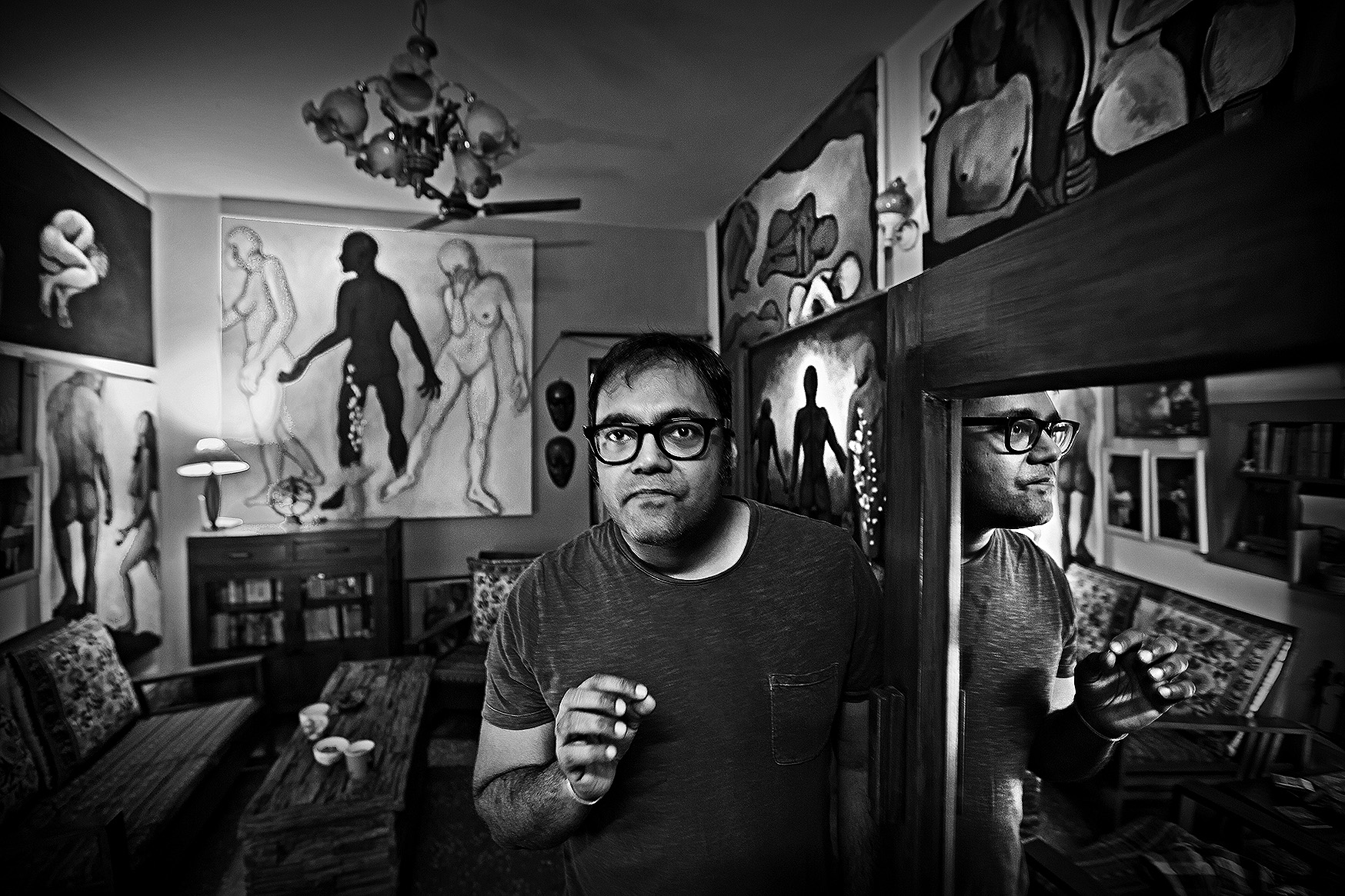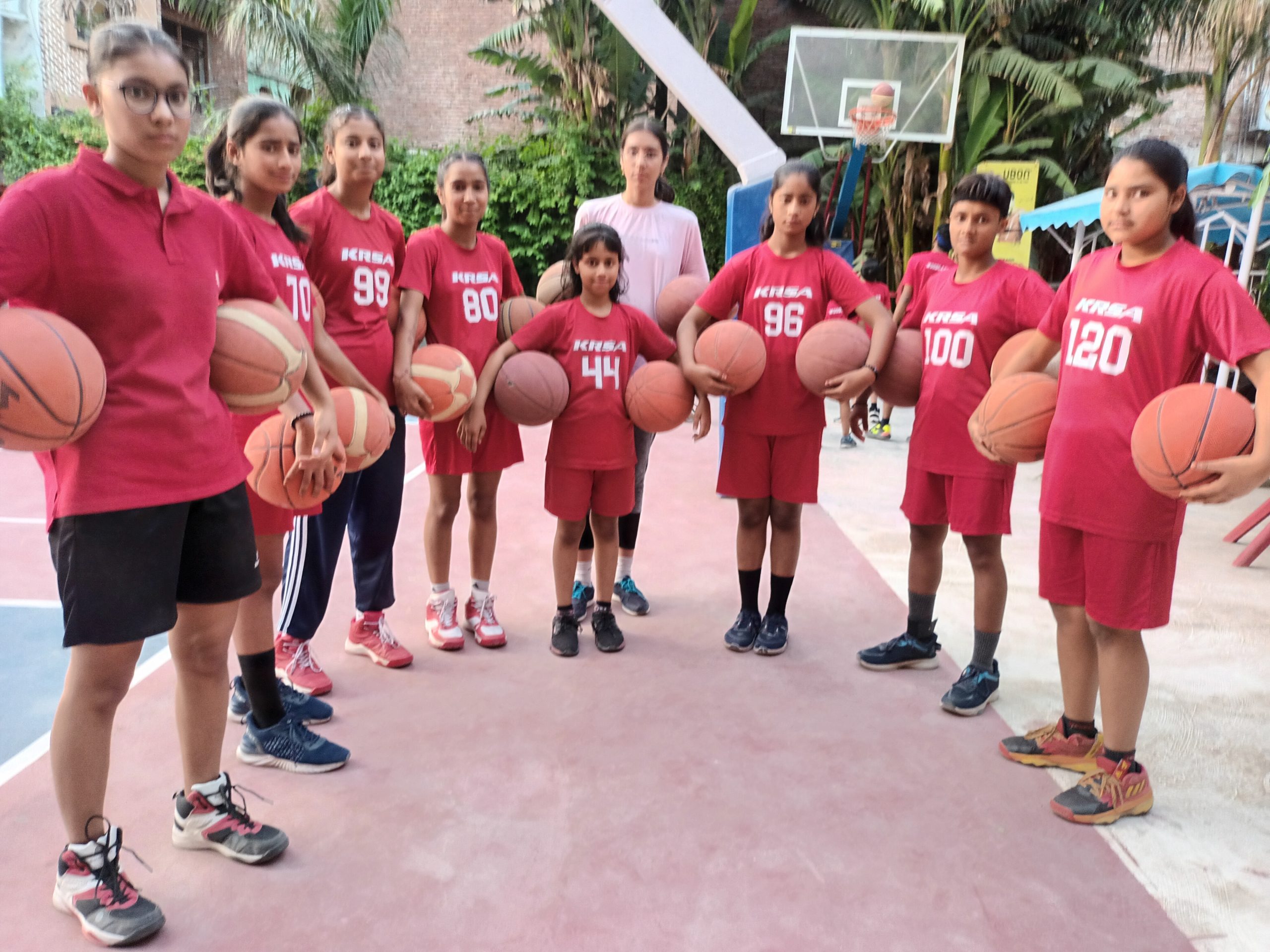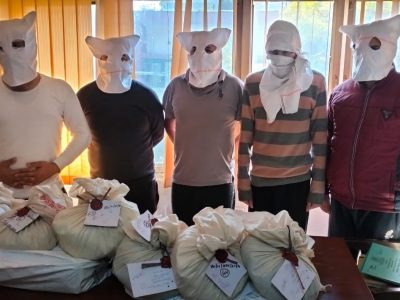The experience of sketching more than 200 people in the nude made me aware of how fluid the boundaries of our world are
Sketching people in the nude has been my most enthralling interface with humanity. We are a bundle of complex identities, some of them mutually antagonising, sexuality is one of them, which shapes us and destroys us. It makes some of us appear, as the official terminology till very recently was, “unnatural.”
We may be different but have some common traits. Like all of us, in varied measure, make projections. Many don’t like the way they look, or if they do like it, they keenly wish for some changes that they think will make them more acceptable.
Self-love is often determined by what others think of us. Selfie or profile picture on social networking sites is an outcome of a valiant effort to bridge the gap between what we are and what we aspire for.
But having sketched more than 200 people in the nude, I see nudity as the strongest tool of self-assertion. It’s like yelling aloud at the top of one’s voice that this is who I am, deal with it or f*** off!
My subjects are jittery, uncomfortable to start with, as they feel I know a lot about them, simply because I have witnessed them in the buff. Since, they think I know a lot about them, they don’t feel obliged to hide things from me. That results in a heartfelt conversation, more like confession than assertion, inspired by their undiluted self. I try capturing their form in my sketchbook.
It takes my subject a while to come to terms with this new social reality in what I call ‘private space for public nudity’. Nudity is also anti-thesis of projection, for projection depends on the ability of how much one can hide, modify or transform about oneself for public scrutiny. Like a man with a smaller instrument cannot claim to be an alpha male. Male subjects are most paranoid about revealing their size.
When what’s hidden becomes apparent, after a while having shed the burden of who they are, my subjects breathe easy. And the thing that they talk about the most is their sexuality, or repression that comes from living up to the expectation of their projected reality. They talk about secret flings with one of their own sex in some many instances. They all seem to have a skeleton in the closet.
Friendship and love are two words that are used liberally to describe this clandestine, yet intense, liaison.
In fact, when people bare their mind, body and soul, I’m face to face with their undiluted self. It’s an interesting situation to be in, as some of my subjects feel solitude in my company. This has to be said, however strange it may seem, and here I’m employing a stereotype to negate another stereotype.
Aura has no gender, like brain, heart, liver and lungs; I guess our soul as well. Bareness of body free the aura of my subjects, and so many times when I’m sketching a man, I feel there’s a woman sitting before me, and vice versa is also true in some instances.
I’m connected with my subjects with a notional cord, as I relive what’s happening to them. This direct interface with them inspires my drawings. And my observation is that sexuality as an identity doesn’t exist. We are fluid. We are everything and nothing in particular. We are undefined. We have all of it in us, an element of a man and a woman in a complex mix. That’s what makes each of us unique, like millions of prototypes of the same concept that is beautifully embodied by Shiva in his Ardhanareshwar manifestation.
We swim in the vast ocean of fluidity, and it’s the people we get connected to, not their gender, which more than a biological reality, is a social construct. And we all tend to gravitate towards a common mean, but at the core we are similar — we want to love and be loved. And clothes are like opaque layers on our intellect that distance us from our own diluted self.
So thank you my subjects, who have bared themselves to me and revealed themselves to me, and those who are yet to participate in my tryst with nudity, and even those who have refused. Remember, it’s never too late to do a good thing.





